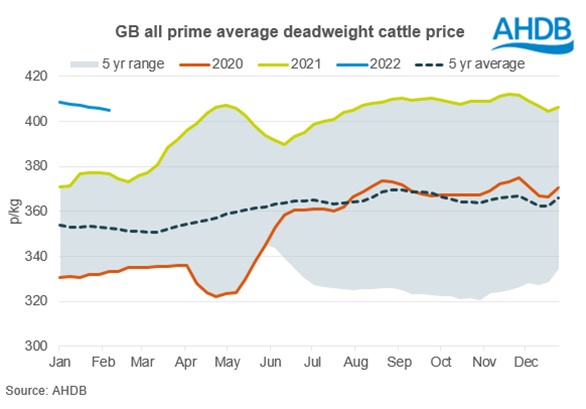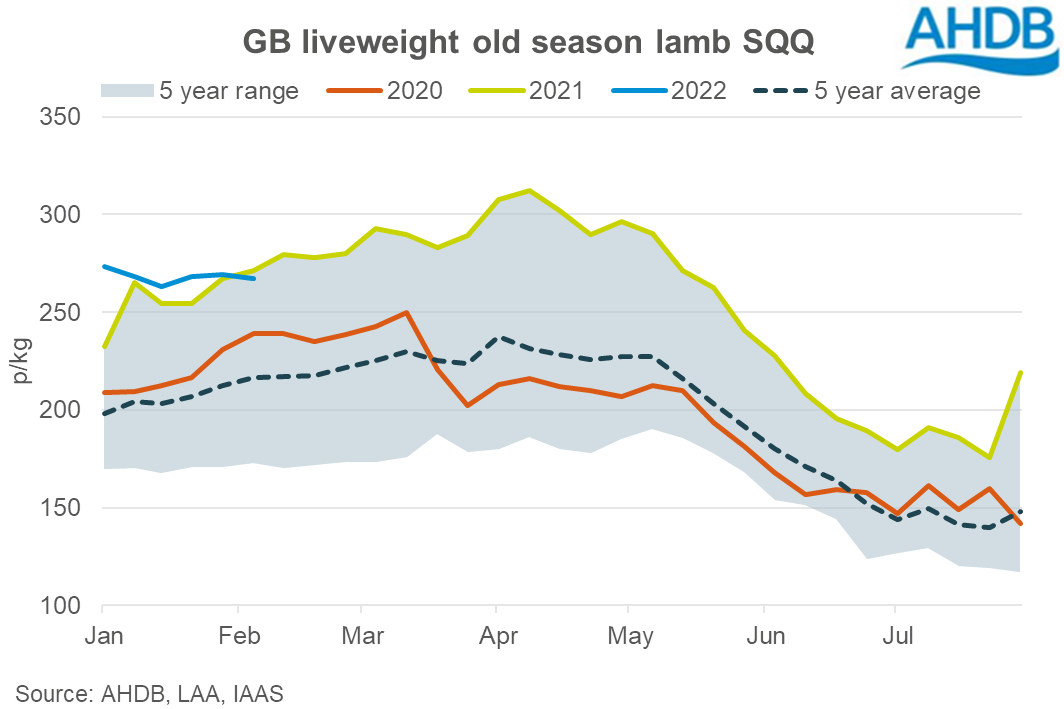UK ministers accused of failing to fight for farmers with NZ trade deal
Welsh farmers’ leaders have criticised the UK Government’s new trade deal with New Zealand and says ministers have failed “to fight for the interests of our farmers”.
The government is also accused of blocking scrutiny of the deal which is currently awaiting MP’s approval.
Comparing the UK’s deal with a recently agreed pact between the EU and New Zealand, the Farmers’ Union of Wales says the import quota for sheep meat in year one of the agreement signed by the UK is more than forty times higher per head of population in the UK compared with the European Union agreement.
The EU-New Zealand trade deal, recently agreed in principle, would allow an additional 5,429 tonnes of sheep meat to be imported duty-free into the EU in year one of the agreement, whilst the equivalent figure for the UK in the deal announced in February this year is 35,000 tonnes.
“The UK increase in duty free quota for New Zealand sheep meat would be almost six and a half times higher in year one than what has been negotiated by the EU,” said FUW President Glyn Roberts.
“However, when you take account of the fact that the population of the EU is nearly seven times higher than that of the UK, the increase per consumer is 43 times higher in the UK than in the EU.”
Mr Roberts said that another way of looking at the figure was that the EU had fought forty times harder for its sheep industry than the UK during its trade negotiations with New Zealand.
Nation Cymru

